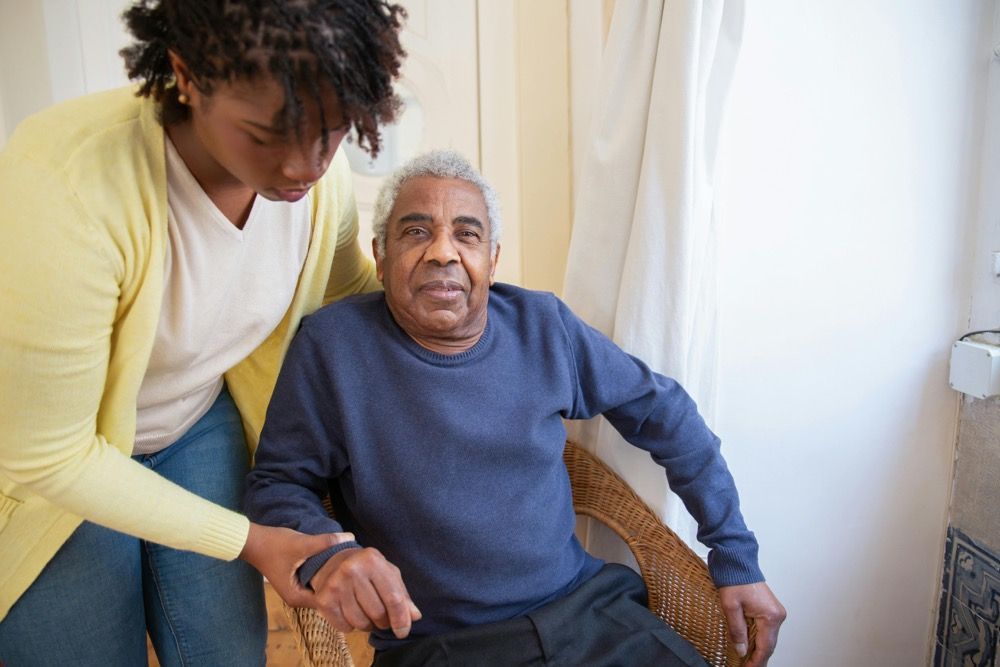How to Create a Safe Home After Being Discharged From the Hospital
As a caregiver, your role in bringing someone home from the hospital – especially if it is an aging loved one – is crucial. The health and safety of that loved one is dependent on returning to a safe home. While the person may have been medically cleared to leave the hospital, they may not be as strong and healthy as when they went into the hospital. Therefore, it's your responsibility to provide a safe home for them to return to.
According to one study, "The calculated 30-day hospital readmission rate [for older adults] was 5.18%, and 41.4% of these readmissions were potentially avoidable." This highlights the potential risks and the need for caregivers to create a safe home environment.
Often, the responsibility of managing the transition of care from hospital to home falls on family caregivers who lack the knowledge and resources to manage the transition safely. We're here to help change that.
The first step to creating a safer home starts before they leave the hospital. Talk to them about what they may need, and ask their doctors many questions, such as…
- What should you expect during their recovery?
- What medications do they need?
- Are there any side effects from the medication they are taking?
- What, if any, restrictions will they have?
- What symptoms, behaviors, etc., should you watch out for?
- What are the next steps (physical therapy, follow-up appointments, support groups, etc.)?
- Will they need any special equipment like a walker, wheelchair, etc.?
Once you have an idea of your loved one's needs at the time of their discharge from the hospital, it's time to assess their home environment and look for and eliminate potential hazards. Every patient's condition and needs will differ, but here are some things to consider.
10 Tips to Create a Safe Home After Discharge From the Hospital
- Remove any debris or anything blocking walkways and stairs outside, check (and possibly install) handrails, ensure adequate light, and remove outdoor mats if falling is a potential hazard.
- Remove tripping hazards inside, such as clutter, throw rugs, cords, etc.
- Clean out expired foods.
- Stock up on medications and any needed medical supplies, such as bandages.
- Install any needed equipment, such as grab bars, a raised toilet seat, bed rails, and/or a shower bench.
- Make emergency contact information—911, poison control, family members, and healthcare providers—readily available.
- Ensure adequate lighting, such as nightlights and easily accessible light switches.
- Check and/or install smoke and carbon monoxide detectors.
- Make their environment as pleasant as possible. Adjust the temperature, stock the kitchen with food and drinks, and ensure they can access books, movies, magazines, etc.
- Ensure they have the assistance they need, such as help with daily tasks, cooking, transportation, etc., and don't be afraid or embarrassed to ask for help because caregiver burnout is real.
Helping You or a Loved One Transition from Hospital to Home to Independence!
One way to help create a safer home environment is with the Comforting Home Care by Phoebe Transitions℠ program. We can help with all personal care needs, like bathing, toileting, transportation, and meal preparation, so you can focus on recovery.
This signature home care program helps you or your family member transition from hospitals or rehabilitation institutions to the comforts of home upon discharge. Furthermore, we don't have long-term contracts, so there's never a long-term commitment.
Give us a call today at 610-625-5206, or connect with us online.












